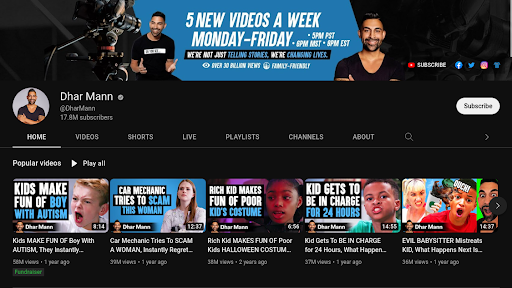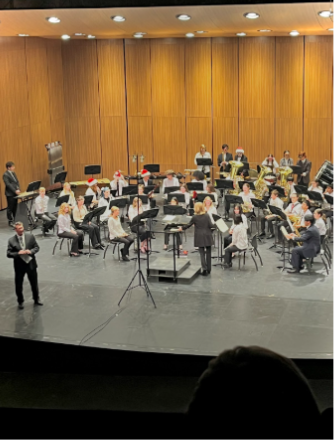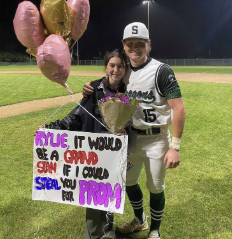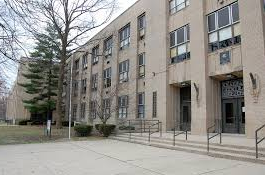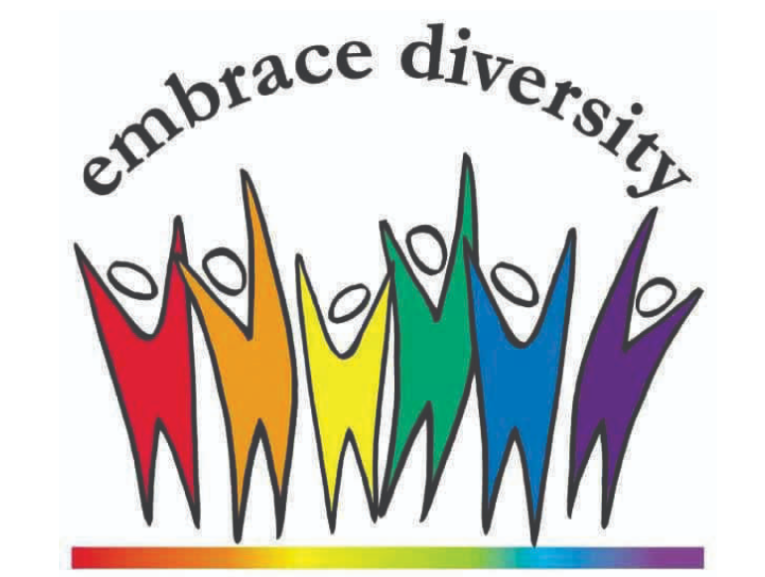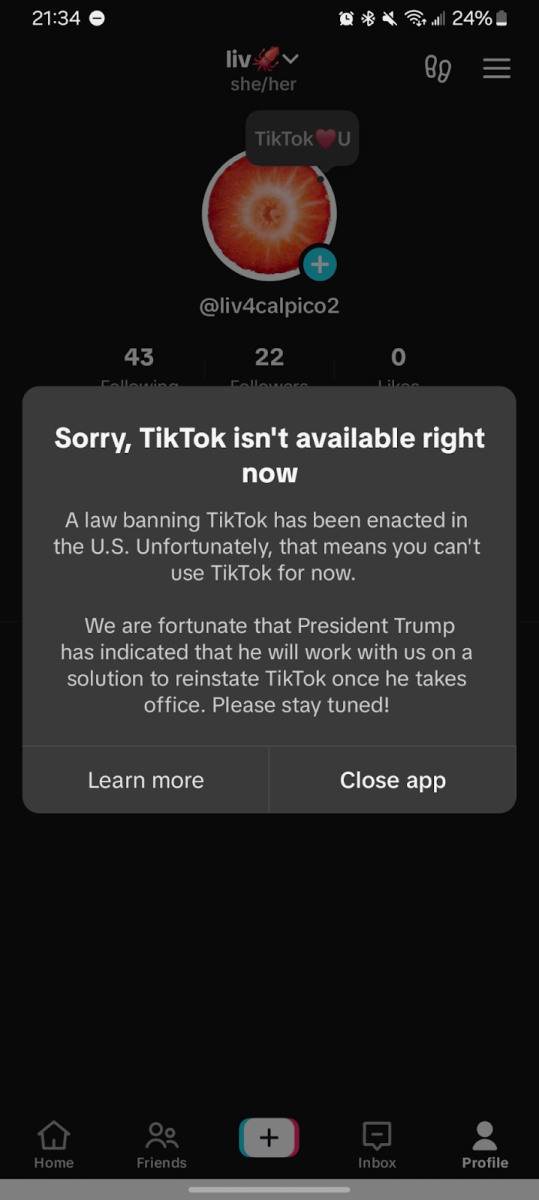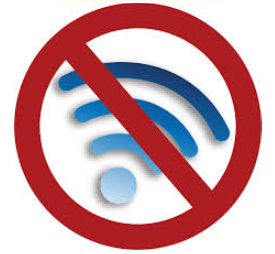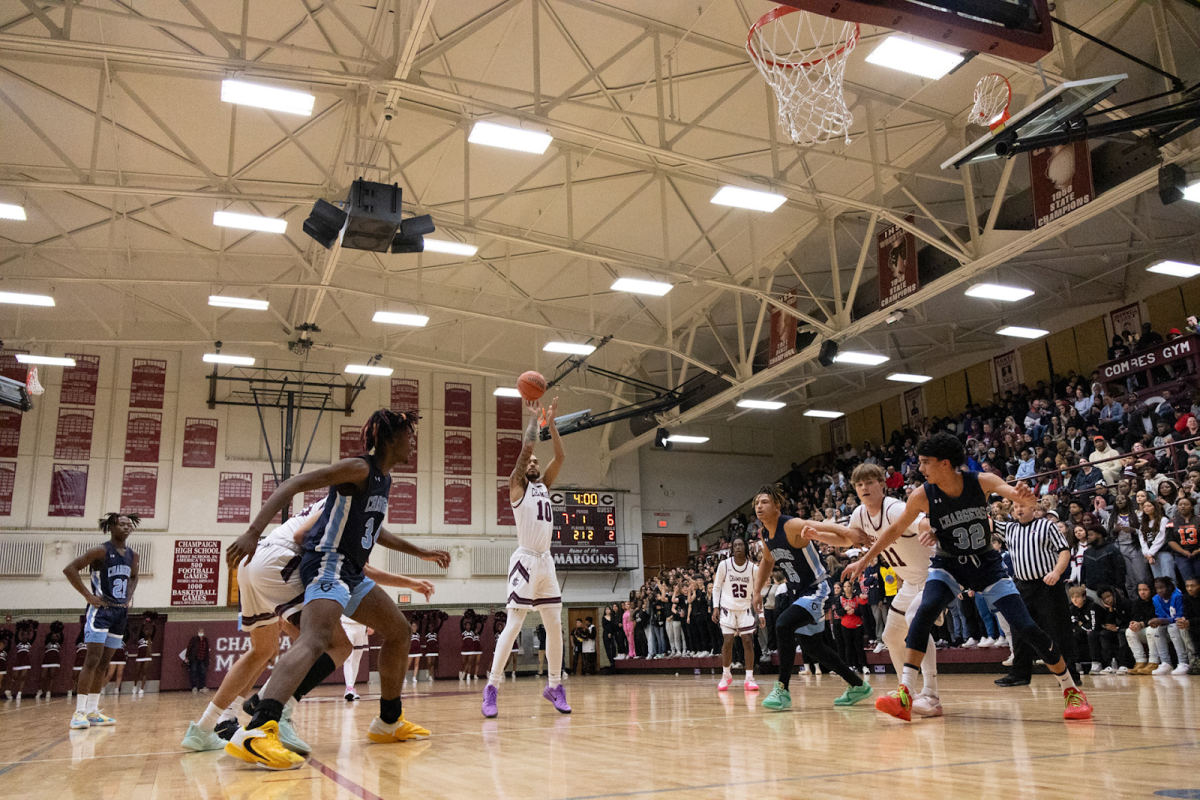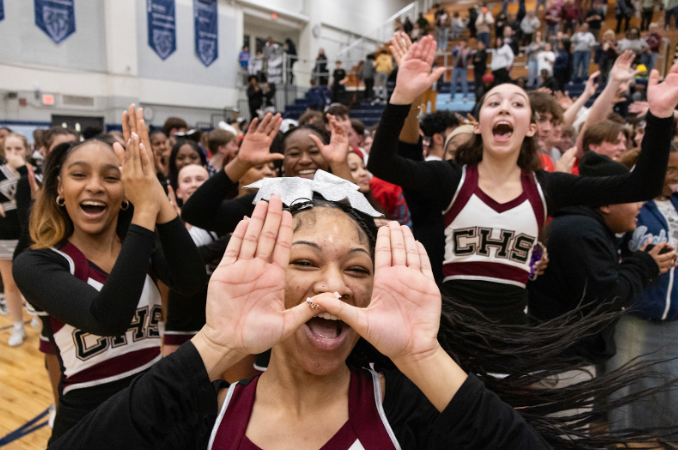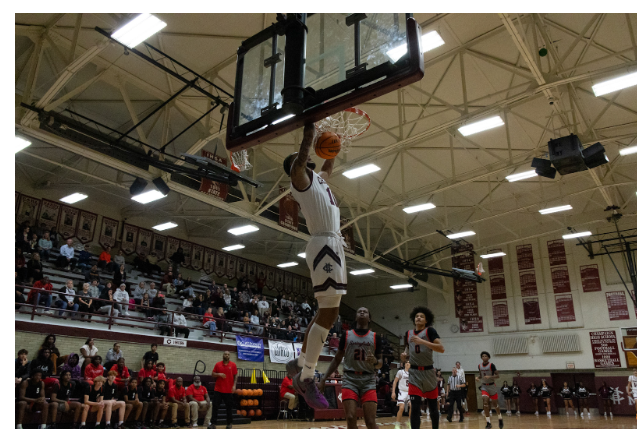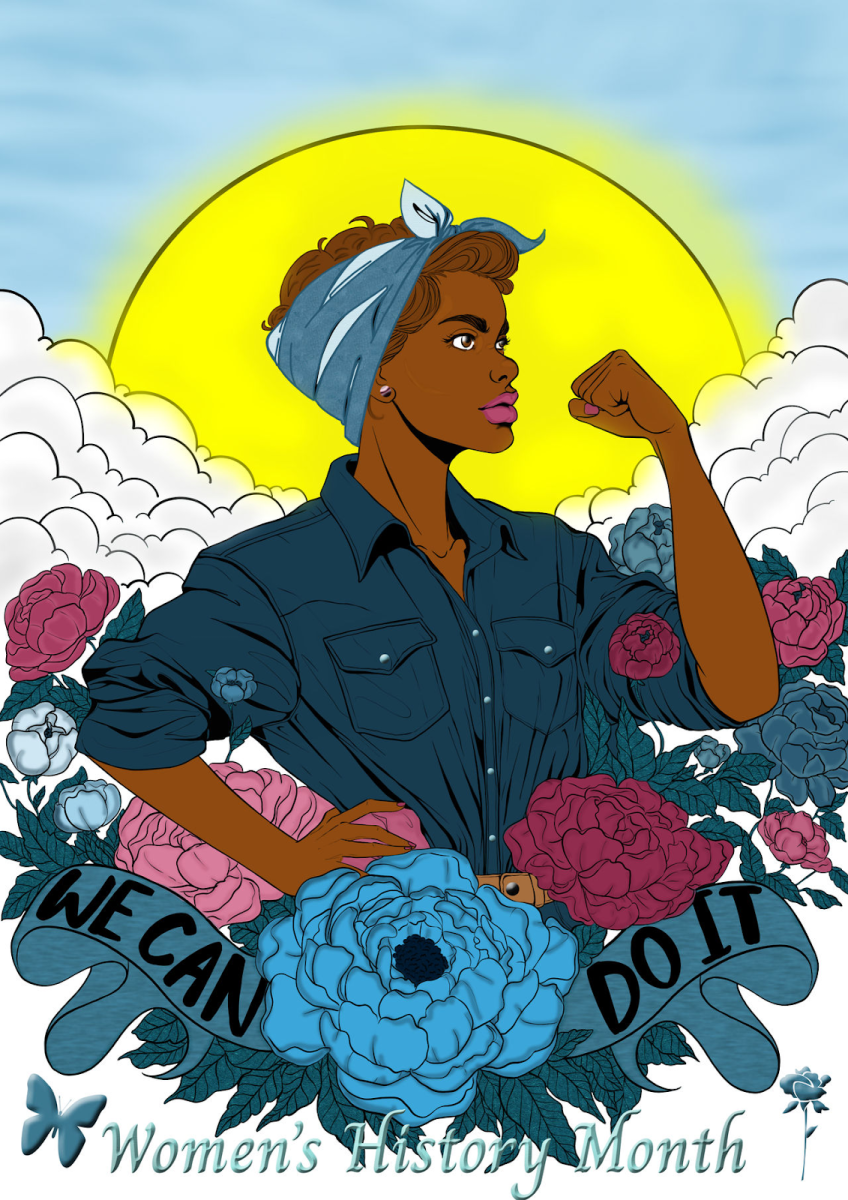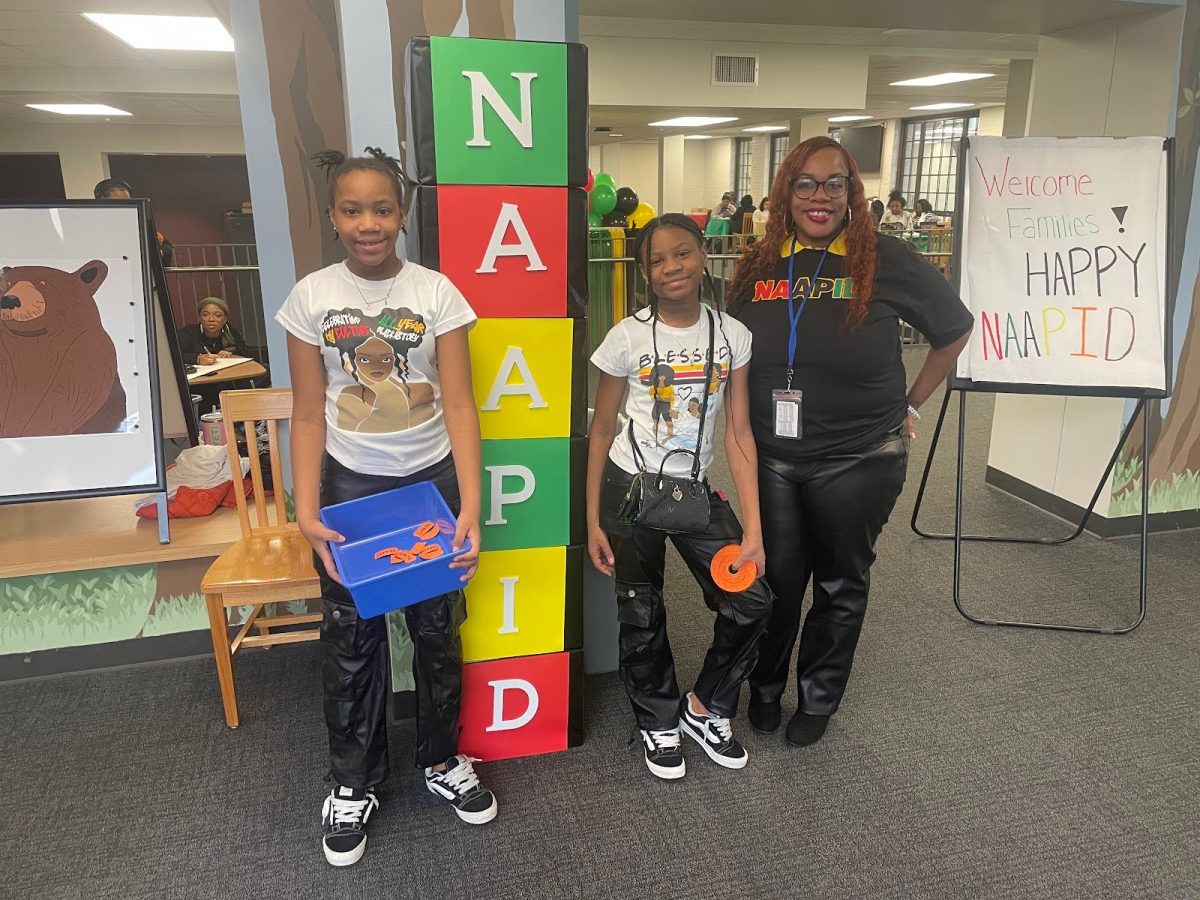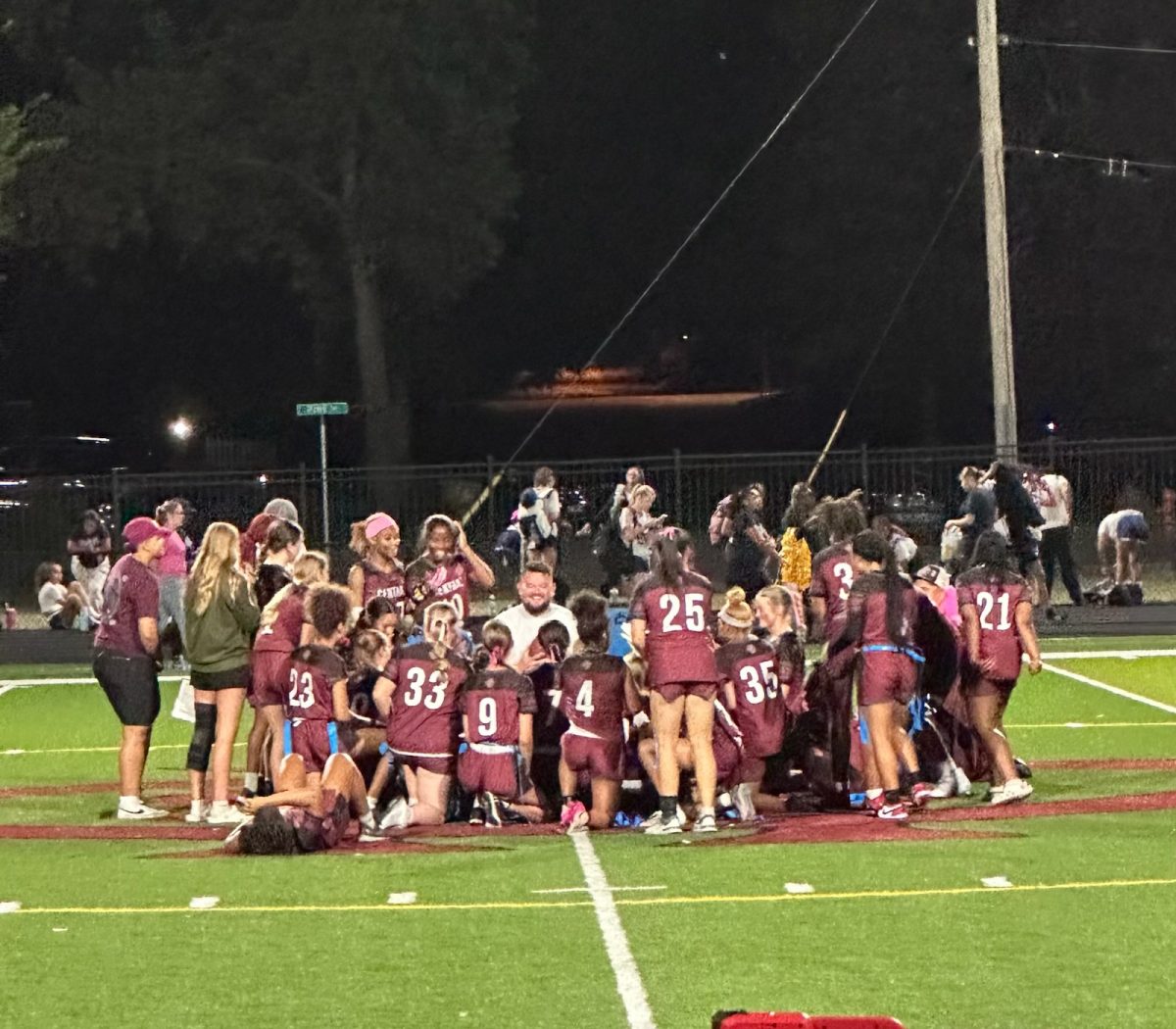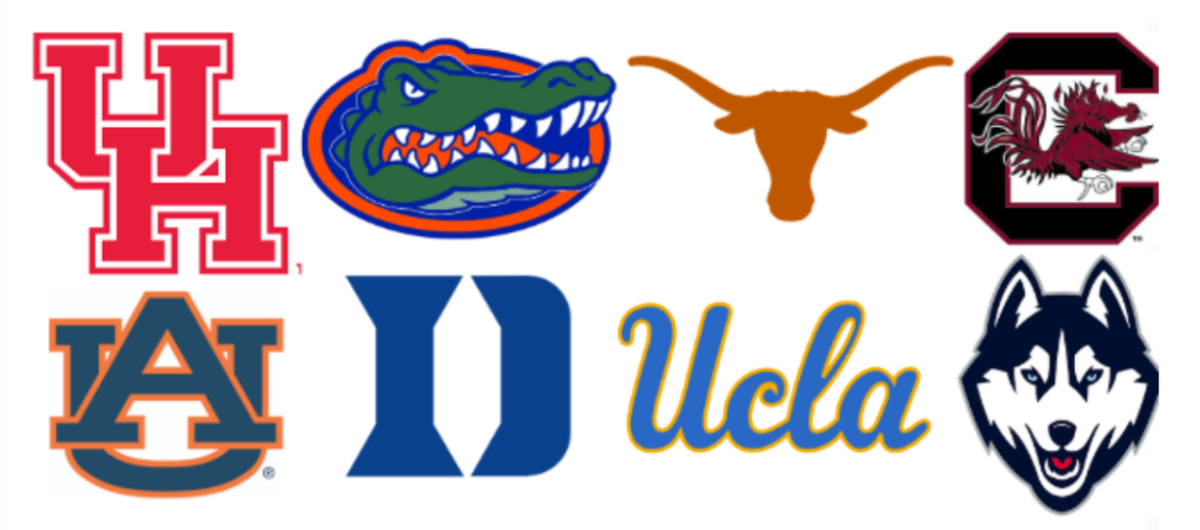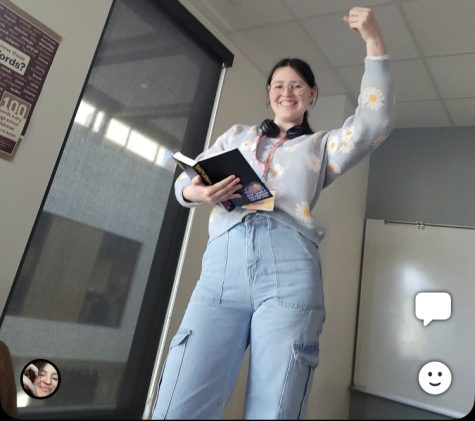Sites Blocking

December 19, 2022
As technology entered into everyday school life, so did the realization that children using them were far more proficient at navigating the world wide web than the adults who were supposed to be regulating them. Parents became more and more concerned at the content their children were viewing. The introduction of website trackers and blockers were revolutionary for schools, protecting everyone from distasteful and dangerous content.
The blockers are far from perfect however. They can often be overly cautious. Students often find themselves unable to do research for topics such as breast cancer, simply because of its use of the word “breast”.
The most recent confusing website blocks that Unit 4 had executed was blocking Pinterest. The website, used almost exclusively for image searches, was blocked only a few weeks ago. The only explanation given to students was that it was on a global block list, which is far from explanatory.
The classes where blocking pinterest is the most hurtful are the art classes. Art teacher Ms.Stulp said “Usually I just ask them to unblock [the site] and they do. I haven’t asked them to unblock Pinterest yet because it was so recent.” Although she usually has no issue with the site blocking committee, she expressed concern over what felt to be an unreceptive committee on the topic of Pinterest. “I haven’t had any issues until now. They asked [art] teachers if we had any issues with it being blocked and they still blocked it.”
Teachers are not the only people struggling with sites being blocked. When asked if blocking Pinterest had an effect on their ability to learn, Gen Martin, a Central art student, said that “It’s now nearly impossible to look for references in art class due to both Pinterest being blocked and the lack of service the art rooms receive.”
Pinterest is only one example of many. Blocking sites creates problems in all areas of study. Student Journalist Charlotte Heads said, “I am currently writing about a new newsletter in Champaign and every single one of their websites is blocked.” Site blocking isn’t fool proof either.”I feel like if that’s what they want to use their school computers for they will find a way or just use the personal devices for it in class,” said Gen.
Overall, the idea of site blocking is a good idea. It protects the students from dangerous sites and information. The problem is when the site blocking becomes overprotective and makes it difficult for students to learn or teachers to teach. Site blocking can only circumvent so many sites and the overprotective nature of the programs makes it unnecessarily difficult for a successful learning environment.








